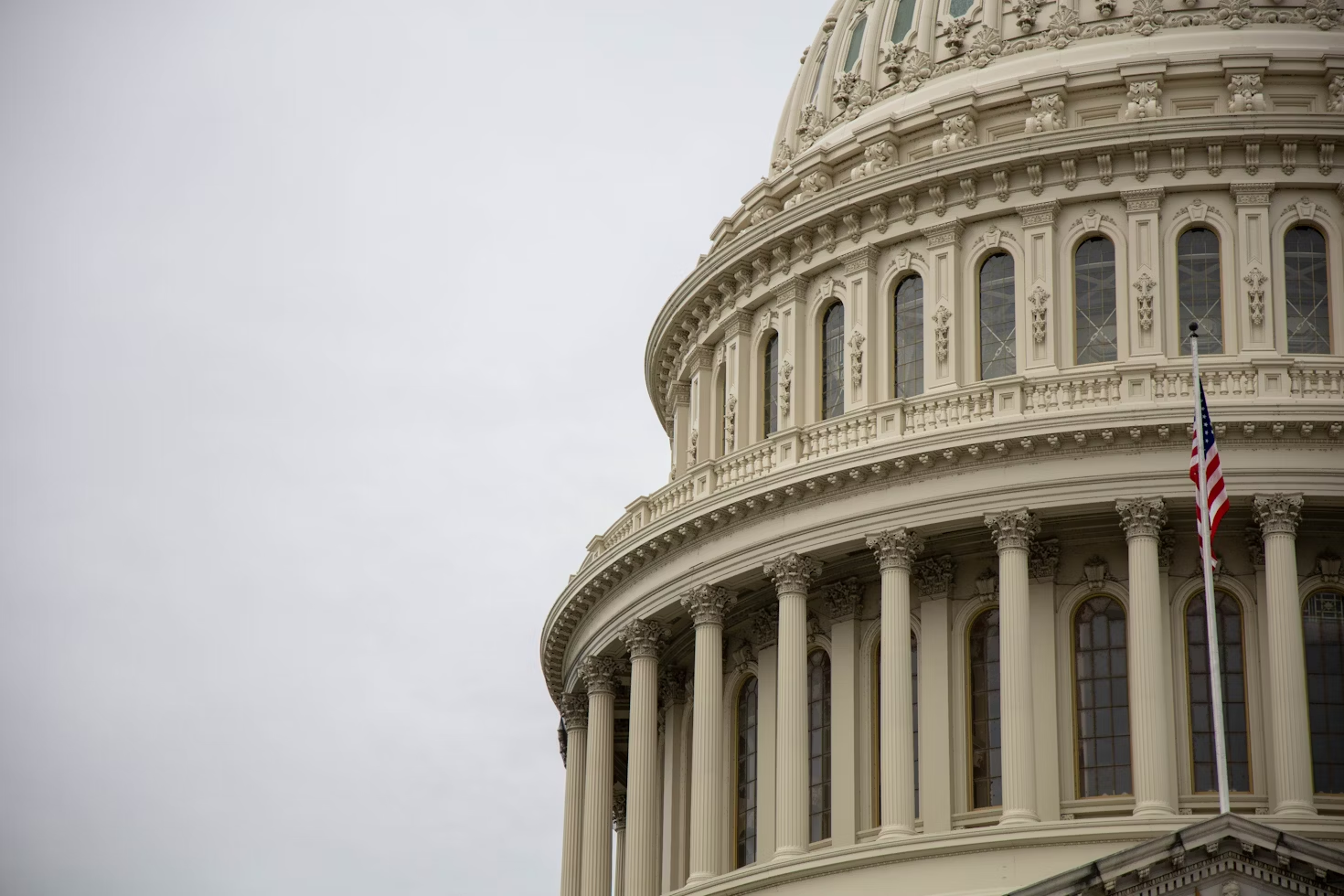BUSINESS, CEO DESK, ECONOMY, FEATURED, FINANCIAL, MARKETING, OPERATIONS, PATRONAGE, PE/VC, POLITICS, REAL ESTATE, RESOURCES, RETIREMENT, STRATEGY, SUCCESSION
Post-Election Impact: What Business Leaders Need to Watch
The results of an election can ripple through the economy and influence numerous aspects of business operations, from regulatory requirements to tax policy and workforce management. While the new political landscape is taking shape, business leaders must be proactive in monitoring key developments to make informed decisions that will steer their organizations through both opportunities and challenges in the coming year. Here are the critical areas to watch post-election and strategic considerations to prepare your business effectively.1. Tax Policy and Fiscal ChangesElections can usher in new tax policies that affect corporate tax rates, individual income taxes, capital gains taxes, and deductions. Staying alert to tax policy shifts helps you prepare your financial strategy and leverage ta...










